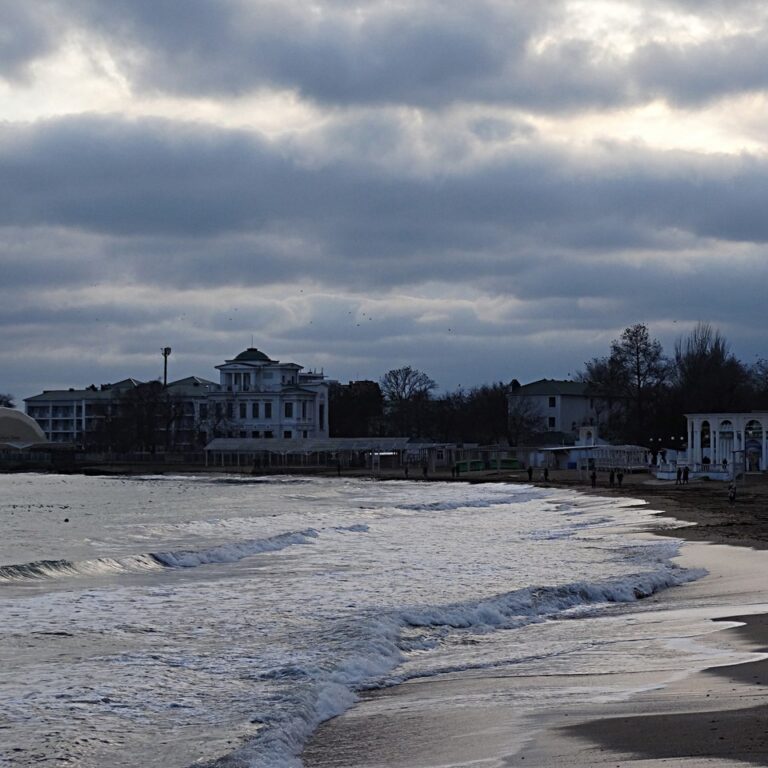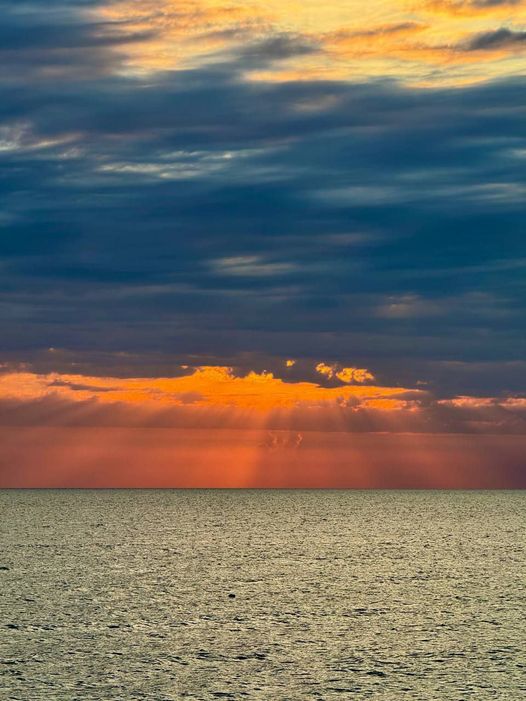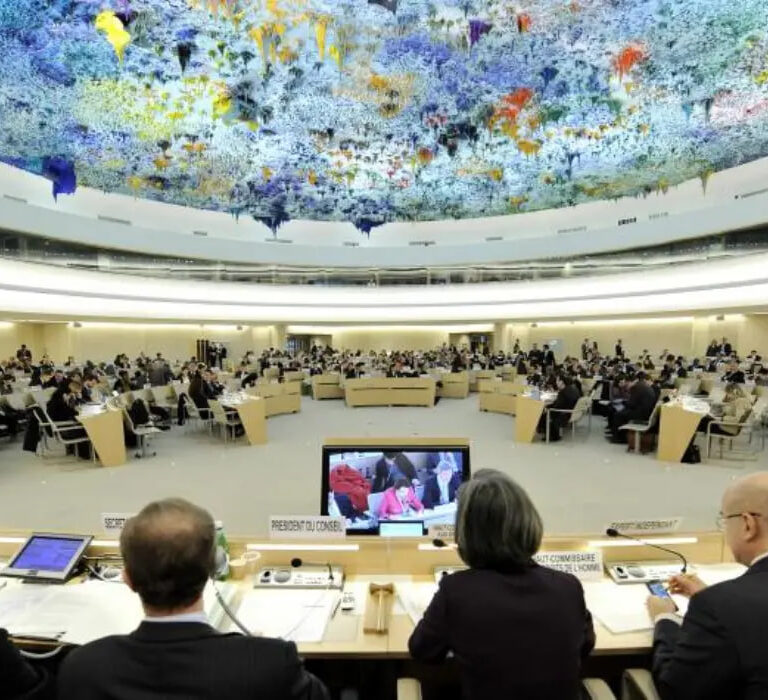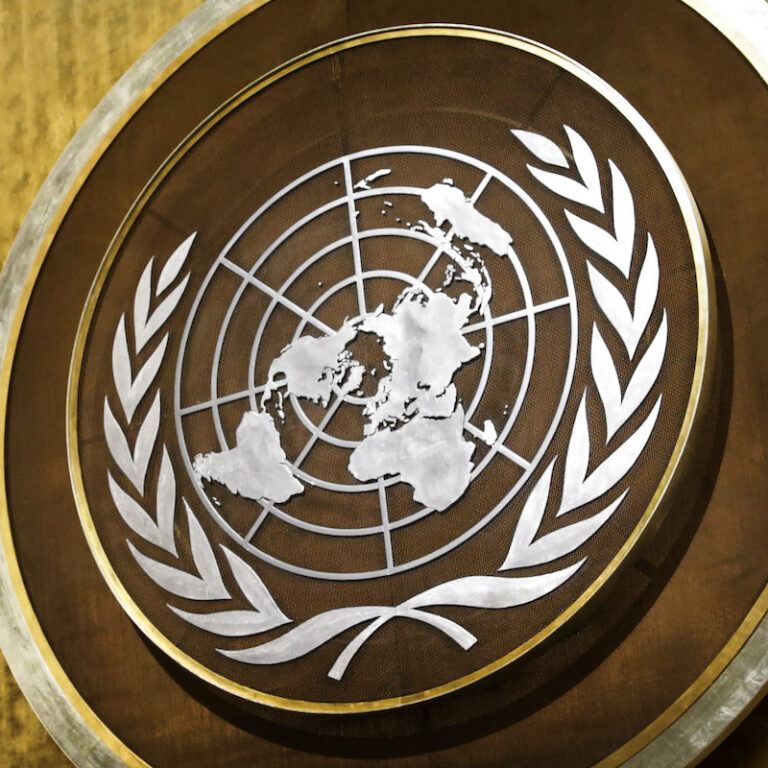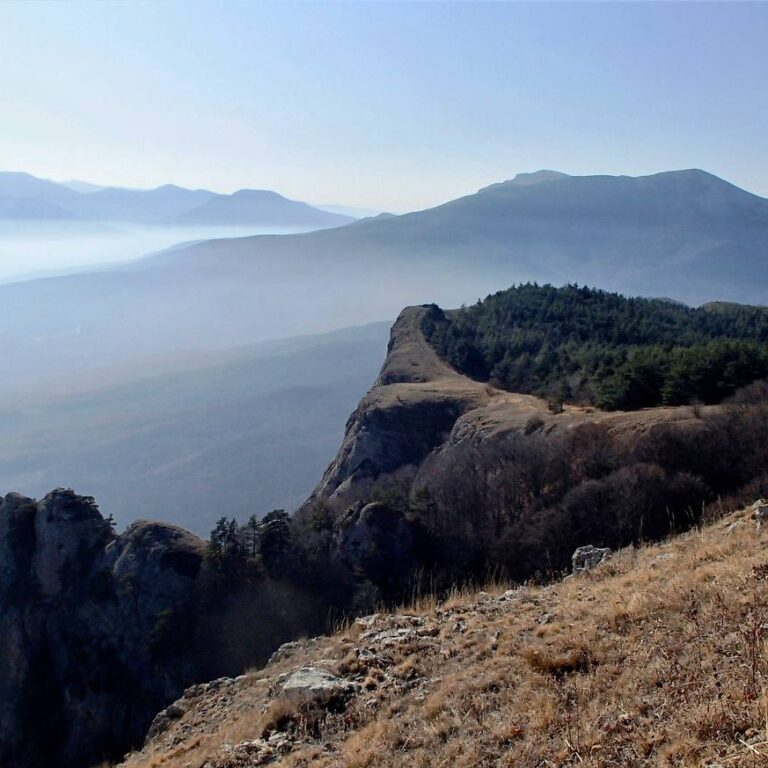For ten years now, Russia has been committing international crimes in Ukraine, which began in 2014 with the occupation and attempted annexation of Crimea and Sevastopol: the aggressor fires at the civilian population in the territory controlled by Ukraine and kidnaps and tortures the temporarily occupied. Russia destroys energy infrastructure and nature, uses prohibited munitions on the battlefield, and incites enmity against Ukrainians with its propagandists. Russia rattles nuclear weapons in front of all humanity and deliberately creates a food crisis in the world.
As reported earlier, on July 17, the International Conference “Ten Years of International Russian Crimes in Ukraine: What Strategy Leads to Justice” was held in Kyiv as part of the Ukrainian Week of International Criminal Justice.
The press attaché of the Association managed to talk on the sidelines of the forum with the guest of the Conference, Francisco Lobo (Republic of Chile), a doctoral student of the Department of War Studies of King’s College London, master of international legal studies, New York University. He kindly agreed to answer several questions regarding the attitude to the occupation of Crimea in 2014 in Chile and Argentina, as well as ways to legally resolve the aggressor’s responsibility for Crimean crimes.
“I can say that the local population in Chile and Argentina know about the illegal annexation of Crimea, which happened ten years ago, but today it is not covered in the mass media at all. In Chile, this could be due to our general lack of interest in Eastern Europe” the interlocutor noted.
He also added that in Argentina, although it has close ties with Ukraine, there is a territorial dispute with Great Britain regarding the Malvinas/Falklands. Great Britain, in fact, controls these islands, and the United Kingdom is one of the most ardent supporters of Ukraine, which may influence Argentina’s position in the face of Russian aggression.
After the attempted annexation of Crimea by the Russian Federation in 2014, Argentina, as a non-permanent member of the UN Security Council, as well as the Republic of Chile voted “for” the resolution condemning the referendum in Crimea. But at the same time, in March 2014, Argentina abstained from voting for the resolution of the UN General Assembly on supporting the territorial integrity of Ukraine. Chile, on the contrary, again voted “for”. The aforementioned position of Argentine policy did not change in the future. This also applies to her position during the voting in 2016 and 2018 regarding the violation of human rights in Crimea, the militarization of Crimea, parts of the Black and Azov seas. Since 2016, Chile has also abstained from voting on the “Crimean case” at the UN.
In connection with the beginning of Russia’s military aggression in Ukraine in February 2022, Francisco Lobo, as a specialist lawyer in the field of international law, investigated the interrelationship of all decisions made regarding conflicts with annexation and occupation of territories. Among these, he considered “cases”: the illegal occupation of Manchuria by Japan in 1931, the annexation of Austria by Germany in 1938, the declaration of independence by the racist regime of Southern Rhodesia in 1965, the illegal presence of South Africa in Namibia in 1970, the declaration of independence of the “Turkish Republic of Northern Cyprus ” in 1983, the annexation of Kuwait by Iraq in 1990, etc.
“Just as its predecessor, the League of Nations, the Organization of the United Nations has the main purpose of putting into effect a collective security system. Its main body, the Security Council, is entitled under article 39 of the Charter to determine the existence of threats to peace, breaches thereof or acts of aggression, being able to decide non-forcible or forcible measures (arts. 41 and 42). Such collective security regime coexists with that of collective self-defense under the Charter. …In this opinion I would like to suggest an additional legal argument to justify the international community’s firm reaction against this blatant breach of the cornerstone prohibition on the use of force under international law, by combining the nature of the UN as a collective security system and the doctrine of the duty of non-recognition of breaches of international law. … This doctrine would be shortly after enshrined in the Montevideo Convention on the Rights and Duties of States, of 1933. …Later on, in its advisory opinion on the wall in Palestine, the Court recalled that the duty of non-recognition entails a duty to bring the illegal situation to an end, always within the framework set forth by the UN Charter (par. 159)”, indicated Francisco Lobo in his opinion in the author’s material for the OpinioJuris portal.
He added that the doctrine of non-recognition was included in the Articles on the responsibility of States for internationally wrongful acts prepared by the International Law Commission in 2001 (art. 41.2), and, accordingly, in 2014 the UN General Assembly adopted a resolution calling on all states, international organizations and agencies not to recognize illegal attempted annexation Crimea by Russia in 2014.
“Indeed, respect for international law, otherwise known as the rules-based international order, is one of the key principles upon which Chilean foreign policy is built, including respect for sovereignty and territorial integrity, as well as espousing the peaceful resolution of disputes. Hence its support of Ukraine’s lawful self-defense against Russia’s expansionist and aggressive war. At the same time, the promotion of democracy and human rights is another core principle in the Chilean foreign policy toolkit. Accordingly, President Gabriel Boric has denounced consistently the human rights violations being committed in Gaza as a result of Israel’s campaign against Hamas, including at the peace summit, where he delivered his main speech explaining why such a small and faraway country like Chile would support Ukraine and international law: “Only the respect of international law and human rights can guarantee peace. The same applies to the conflict in Gaza. We do not accept to choose between the barbarism of Hamas or the massacre that the Israeli government led by the war criminal Mr. Netanyahu is doing nowadays. We choose humanity and the civilizatory advances that we, together as united nations, have achieved. Today is Ukraine and Palestine; tomorrow it could be any one of us”, noted Francisco Lobo in an article for the analytical portal Borysphen Intel.
Today, experts in Ukraine believe that Chile should be included in the International Crimea Platform, which is a necessary step to improve bilateral relations between official Kyiv and Santiago.
press attache of the Association
Ruslan Deremedved




